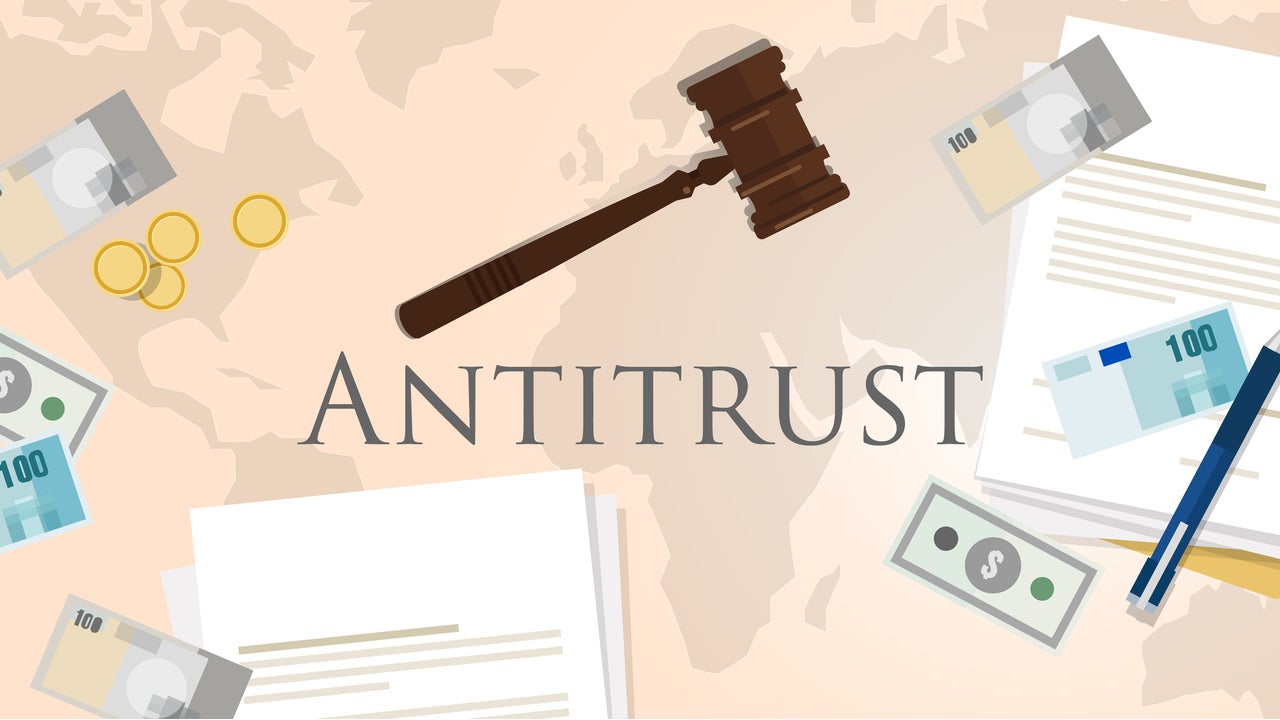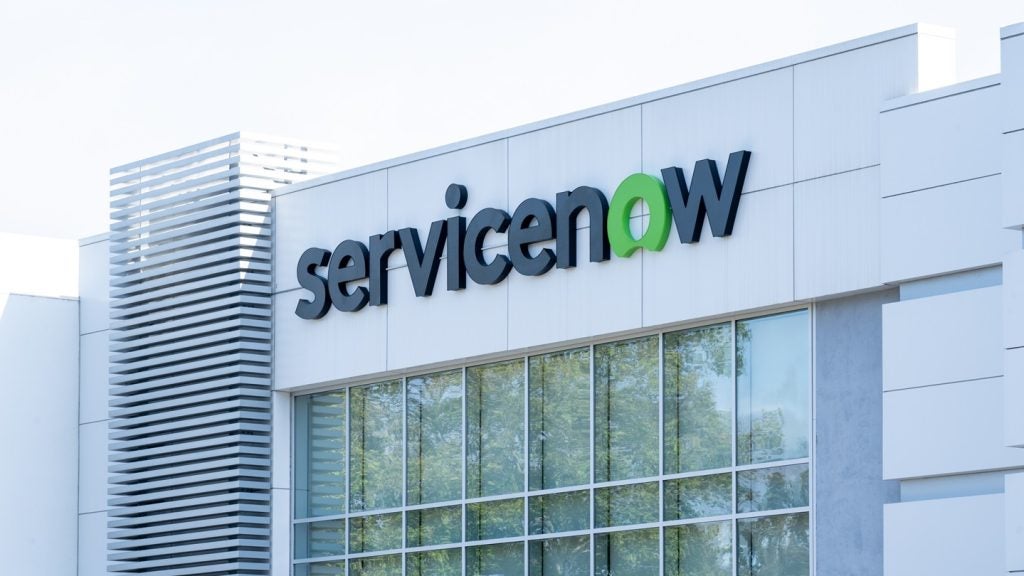Antitrust watchdogs are expressing concern over how digital platforms are using acquisitions to crush competitors. Regulators are, therefore, requiring leading platforms to notify them of their mergers and acquisitions (M&As) plans in advance to evaluate their impact on the ecosystem. Increased scrutiny of M&A deals may lead to more investigations and prevent anti-competition issues.
Listed below are the key macroeconomic trends impacting the antitrust theme, as identified by GlobalData.
Mergers and Acquisitions (M&As)
GAFAM (Google, Amazon, Facebook, Apple, and Microsoft) completed a total of 168 M&A deals between 2018 and 2020, according to GlobalData’s deals database. The vast majority of these deals were not investigated, nor were competition authorities notified. Notification is obligatory if the acquisition exceeds specific turnover thresholds, according to merger regulations in most jurisdictions. Many deals involving Big Tech do not meet these thresholds as they involve start-ups with modest revenues. Some regulators have introduced obligations for big platforms to notify antitrust agencies of all M&A activity.
The federal trade commission (FTC) and department of justice (DoJ) have requested that GAFAM provide information about prior acquisitions not reported to the antitrust agencies over the last ten years. Similarly, the Encumbrance Certificate’s (EC) proposed Digital Markets Act (DMA) would force big tech companies to notify antitrust regulators about all M&A deals in which they are involved. In the eyes of regulators, this would allow a better understanding of M&A activity and its impact on the ecosystem, potentially resulting in more investigations and more acquisitions being blocked.
China
China is defining what constitutes anticompetitive behaviour in the domestic tech sector for the first time, drawing up draft antitrust rules in 2020. The government is increasingly concerned by the tech industry’s power and has hardened antitrust laws as an initial step to gain greater control.
Two days before Alibaba affiliate Ant Group was due to launch a record-breaking initial public offering (IPO) in November 2020, the Chinese government imposed new regulations on both Ant Group and Alibaba. Ant’s consequent lack of compliance led to the IPO’s suspension. Under the draft regulation, forcing sellers to sell their products exclusively on one platform is considered anti-competitive. Larger platforms may be forced to open up to rivals and even share data.
India
Indian regulators are aiming to prevent a small number of companies from dominating the digital payments market. They have introduced a regulation to establish that no single player can facilitate more than 30% of total payments transactions. Companies also have to use the country’s open payment platform to ensure interoperability.
Indian regulators seem more concerned about ensuring domestic companies can compete on a level playing field with non-Indian companies. The new framework has allowed regulators to approve a new payment service from WhatsApp, which had been on hold. Government intervention should stop it from crushing local rivals like Paytm although WhatsApp has more than 400 million users in India.
This is an edited extract from the Antitrust in Tech, Media, and Telecom (TMT) Industry – Thematic Research report produced by GlobalData Thematic Research.








